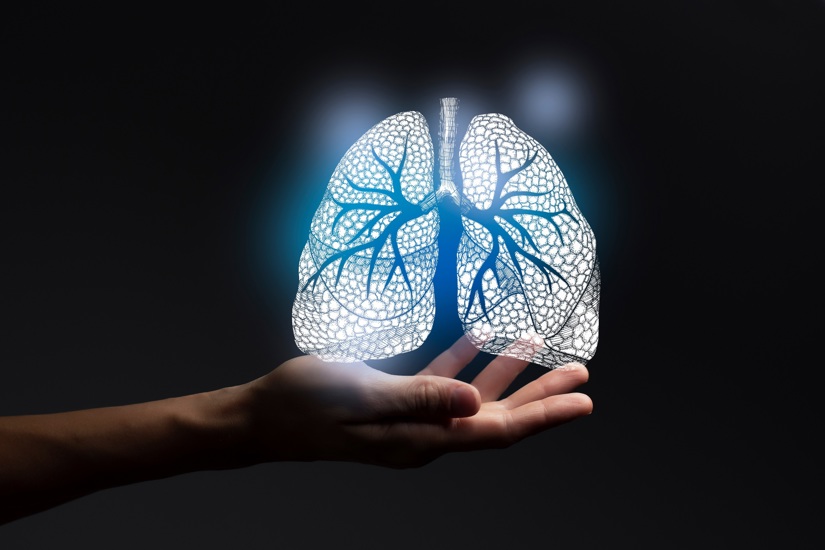A smart system for consulting and informing diabetes patients | A thermal camera that can identify arthritis and save the patient and medical staff time and money | A lifesaving new method for opening airways | These are just some of the critical inventions from the Science Accelerators program, led by Afeka engineers.
Afeka and the Meir Medical Center are collaborating on the prestigious Science Accelerators program, aimed at connecting medical and care clinicians with engineering professionals in order to create innovative solutions for medical challenges.
The program enables the teams to create real change for future healthcare through technological solutions, optimizing processes for medical teams and patients, and harnessing engineering to save lives.
As part of Science Accelerators, each year researchers from Afeka and clinicians from Meir are selected to carry out breakthrough projects in medical engineering.
The projects benefit from business consulting and guidance even after the end of the first year, enabling them to mature and reach key benchmarks such as seed capital and practical realization – funding, commercialization, and incorporation. Throughout the program’s existence, over 50% of the participating teams registered patents for studies and developments arising from Science Accelerators.
Afeka and Meir’s research and business collaboration, epitomized in this program, is a further example of Afeka’s connection with and effect on the industry and on Israel’s largest medical centers.
The program is held through a call for submissions by Israel’s Ministry of Science.

Diabetes chatbot
An AI-based chatbot that lets diabetes patients receive automated, personalized, and empathetic support anytime, anywhere – eliminating wait times for medical consultations and real-time decisions.
Research and development: Dr. Shimon Zilbershlag (Afeka), Dr. Shirly Alon (Meir), Dr. Liat Barzilai-Yosef (Meir).
Thermal system for detecting hidden arthritis
The building of a unique algorithm for detecting arthritis through the use of a thermal imaging system. The thermal diagnosis helps both medical staff and patients by saving valuable time, referrals to complex tests, and major financial expense.
Research and development: Dr. Nadav Sheffer (Afeka), Dr. Oshrit Hopper (Afeka), Prof. Shaye Kivity (Meir).
Smart tracheal intubation
Convenient and effective opening of airways for patients in needs of intubation. This common procedure is highly complex, requiring precision and skill. The new development proposes the addition of a flexible camera, for quick and correct insertion while preventing future complications.
Research and development: Dr. Michael Frishman (Afeka), Prof. Brian Fredman (Meir), Dr. Edna Zohar (Meir).

Lens fixation
One of the most commonly performed procedures among seniors is cataract surgery, recovery from which is sometimes complicated by the lens detaching and moving. This development allows for accurate lens fixation using a proprietary tweezers, which increases the chances of a successful procedure and recovery.
Research and development: Dr. Milad Khamese (Afeka), Dr. Asaf Friehmann (Meir), Dr. Gal Harel (Meir), Dr. Alex Rovovitch (Meir).
Doppler technique epidural catheter
Inserting an epidural catheter is often complex. Insertion and fluid drip in an imprecise location can lead to adverse effects and pain. This development enables to monitor the insertion and drip through Doppler-technique ultrasound imaging.
Research and development: Dr. Milad Khamese (Afeka), Dr. Yitzhak Pomeranz (Meir), Dr. Ido Zelner (Meir).



Afeka’s researchers lead lifesaving projects in collaboration with Meir Medical Center
Share a link using:
https://arabic.afeka.ac.il/en/afeka-news/magazine/afeka-s-researchers-lead-lifesaving-projects-in-collaboration-with-meir-medical-center/WhatsApp
Facebook
Twitter
Email
https://arabic.afeka.ac.il/en/afeka-news/magazine/afeka-s-researchers-lead-lifesaving-projects-in-collaboration-with-meir-medical-center/